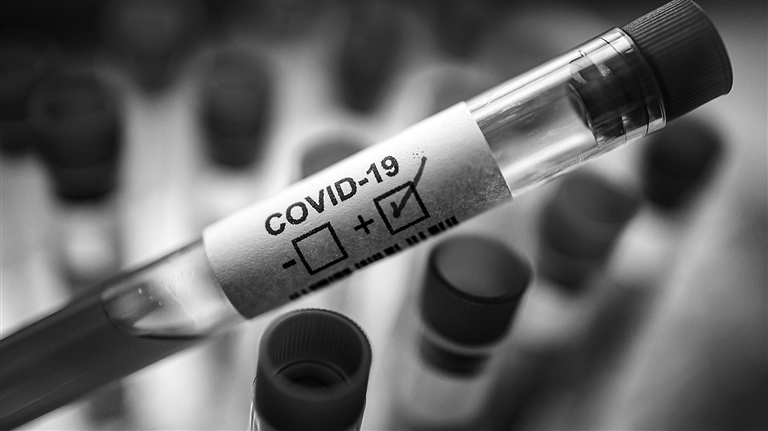
NEW research published by the Korea Centers for Disease Control and Prevention has found that recovered COVID-19 patients who test positive again aren’t infectious. This research may help health experts figure out who’s at risk for transmitting the virus to others. Around the world, there have been cases of people recovering from COVID-19 only to later test positive again and appear to have another infection. Such cases have had doctors and researchers puzzling over whether recovered people continue to be contagious, and if they could get a second infection. Now, new research published by the Korea Centers for Disease Control and Prevention has found that recovered COVID-19 patients who test positive again aren’t infectious. The study also found that most patients who recover have neutralizing antibodies — the type of antibody that confers immunity and protects people from getting sick again. “This study addresses the question of whether patients who have recovered from COVID-19 are still infectious, and which is a question that has been troubling us for some time,” said Dr. Heidi J. Zapata, a Yale Medicine infectious disease doctor. “This study suggests that patients that are recovered are no longer contagious.” The Korean study examined 285 patients who tested positive again for the new coronavirus after they recovered from COVID-19, which had been confirmed via a negative test result. The researchers swabbed the patients and examined the viral material to determine whether it was still actively infectious. The team was unable to isolate live viral material, indicating that the positive diagnostic tests were picking up dead virus particles. The researchers also tested 790 people who’d been in close contact with the “re-positive” patients. Of the 27 who tested positive, no cases appeared to be caused from exposure to someone who appeared to have a reinfection. The report also found that the vast majority of recovered patients (96 percent) had neutralizing antibodies, indicating that they conferred immunity. In response to the new findings, South Korea eliminated a policy requiring discharged patients to isolate for two weeks. While the findings are promising, infectious disease experts say we still need to practice caution. More research is needed to validate these findings and determine whether they apply to distinct parts of the population, such as those who are immunocompromised. (SD-Agencies) | 
